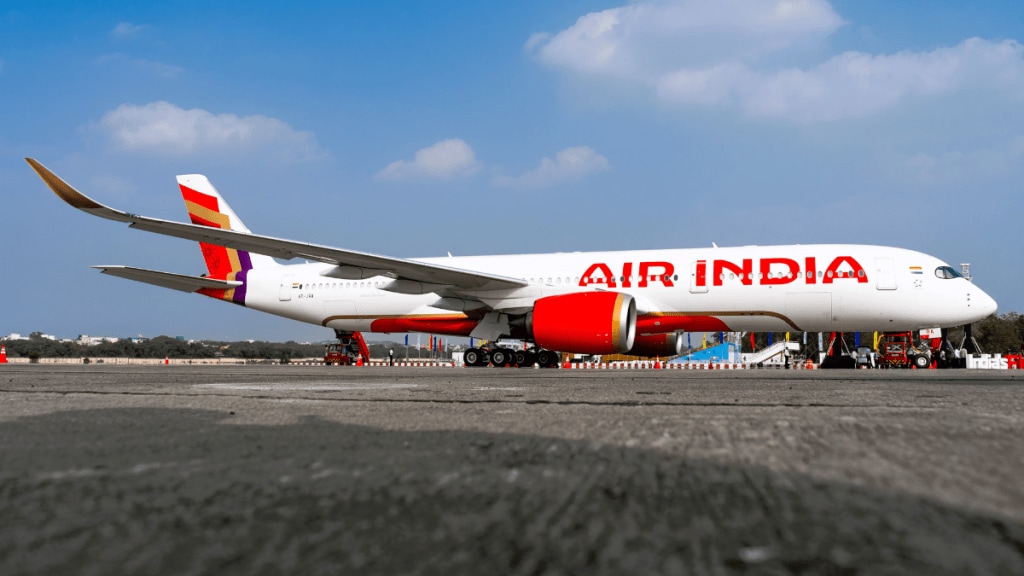Amid the ongoing investigation into the Air India plane crash, the Tata Group-owned airlines on Tuesday informed that it has successfully completed precautionary inspections on the locking mechanism of the Fuel Control Switch (FCS) across its Boeing 787 Dreamliner and Boeing 737 aircraft fleet.
The airline confirmed that no issues were found with the FCS locking mechanisms during the voluntary inspections, which began on 12 July and were concluded within the time frame prescribed by the Directorate General of Civil Aviation (DGCA).
The development comes as part of a broader safety directive issued by the DGCA on July 14, 2025, advising all Indian operators using Boeing aircraft to carry out these checks following global advisories and recent aviation incidents.
Compliance with DGCA directive
In a statement, Air India noted that both the mainline carrier and its low-cost arm, Air India Express, have complied with the DGCA directive. The inspections were communicated to the aviation regulator as required.
The DGCA’s order followed the findings of a preliminary investigation into the June 12 Air India crash in Ahmedabad. That report revealed that fuel supply to the engines had been cut off due to an inadvertent shift of the fuel supply switch from “run” to “cutoff” and then back again — raising concerns about the integrity of the locking mechanism designed to prevent such movement.
Global checks prompt DGCA action
The directive issued by the DGCA referenced a 2018 “Special Airworthiness Information Bulletin” (SAIB) from the US Federal Aviation Administration (FAA), which warned about the potential for disengagement of the FCS locking mechanism across several Boeing aircraft types, including the B737 and B787.
According to the DGCA, international and domestic carriers had already begun inspections in line with the SAIB. Indian carriers including IndiGo, SpiceJet, and the Air India Group operate the affected Boeing models. The DGCA set a firm deadline of July 21, 2025, for all airlines to complete inspections and submit their reports.
Air India’s swift action reflects growing efforts within the aviation sector to pre-empt potential safety hazards through early detection and compliance. While the FCS locking mechanism did not show any faults in the Air India fleet, the inspections serve as a proactive step post Air India plane crash in Ahmedabad.

